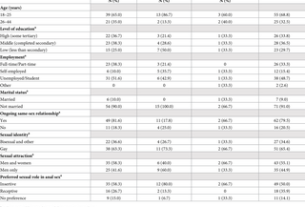Researchers have discovered a novel mechanism to significantly boost the efficacy of cancer treatments. By harnessing the CD36 protein, a cell surface receptor, they have increased the intracellular concentration of cancer-fighting drugs by up to 23 times, substantially improving tumor suppression.
Understanding CD36’s Role
CD36 is a multifunctional glycoprotein involved in various cellular processes, including lipid metabolism, immune response, and cell adhesion. In the context of cancer, CD36 facilitates the uptake of fatty acids and oxidized lipoproteins, which are essential for tumor growth and survival. Its overexpression in several cancers, such as breast, brain, and ovarian, has been linked to enhanced metastasis and drug resistance .
Implications for Cancer Therapy
This breakthrough suggests that targeting CD36 could make previously ineffective drugs viable, offering new hope for patients with cancers that are resistant to conventional treatments. Furthermore, as CD36 is also implicated in neurodegenerative diseases, this approach may have broader therapeutic applications.
Future Directions
While this discovery is promising, further research and clinical trials are necessary to fully understand the potential of CD36-targeted therapies. Nonetheless, this advancement represents a significant step forward in the quest for more effective cancer treatments.



